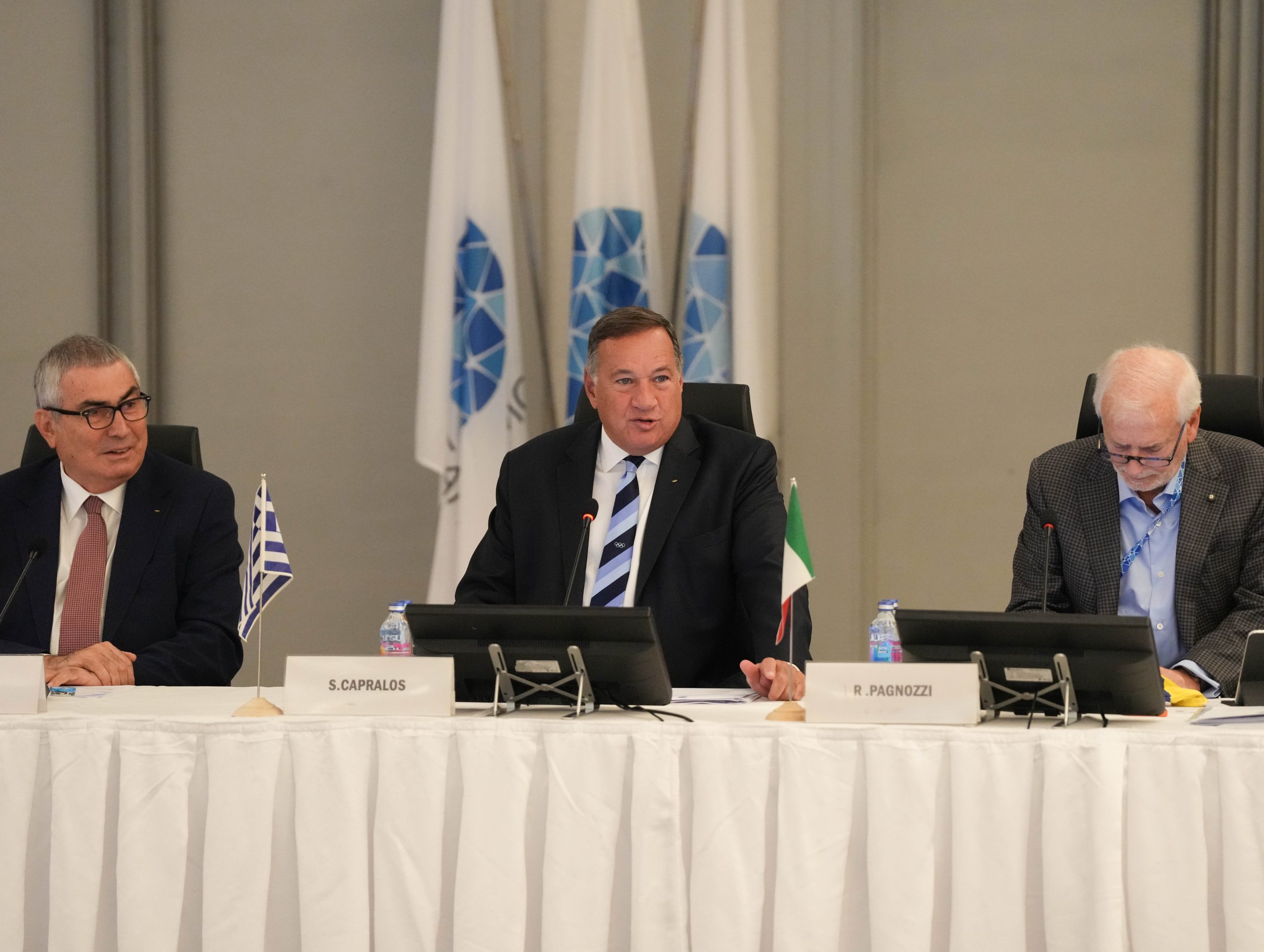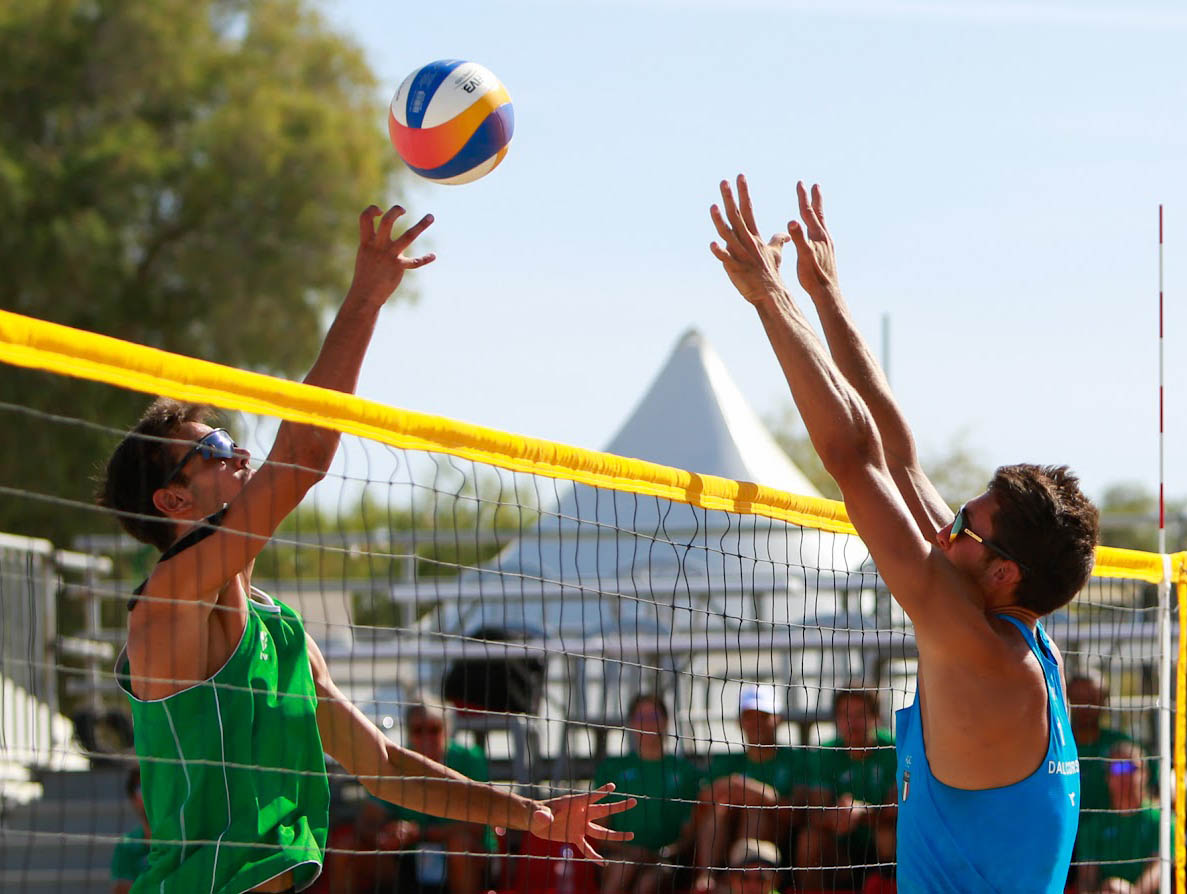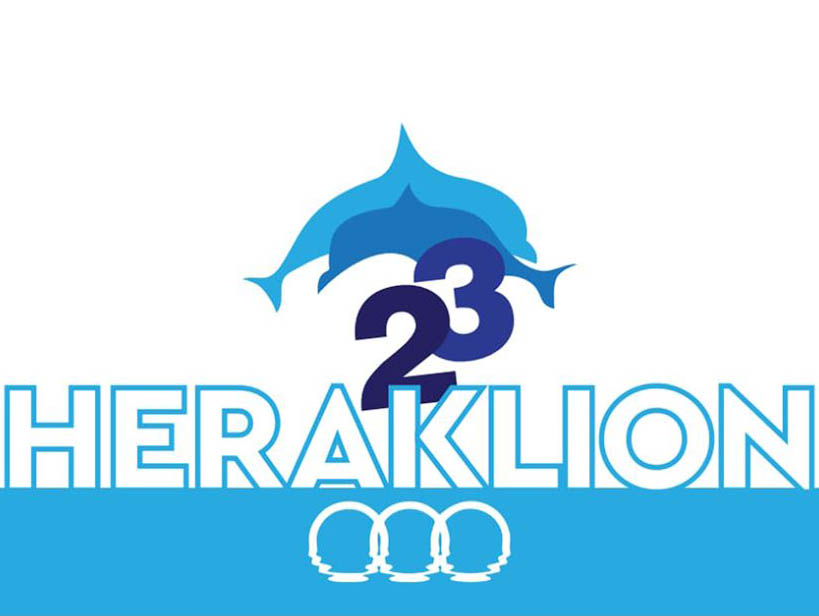1. Revision of the EU Television Directive
In order to keep pace with rapid technological and market developments in the audiovisual sector, the European Commission has tabled a proposal to reform the Television without Frontiers directive passed in 1989. The proposal provides for less regulation, greater flexibility and a level playing field. In addition, the Commission wants to replace the numerous individual State regulations on the protection of minors and the prevention of surreptitious advertising with EU-wide, uniform minimum standards.
Also new is the fact that the directive concerns not only conventional television but is to apply to all audiovisual content (Internet, video on demand, etc.).
For television advertising, the Commission recommends cutting red tape, making rules more flexible for new forms of advertising and increasing self-regulation and co-regulation. The Commission proposes retaining the existing restriction of 12 minutes an hour. For the first time, a clear legal framework is to be created for product placement. Accordingly, apart from in the news, current affairs programmes and childrens programmes, so-called product placement would be allowed in future but consumers must be advised of its presence at the start of a programme.
From the point of view of sports, this results in definite points of contact with the television directive. For one thing, it creates new marketing options through alternative forms of advertising during the broadcasting of sporting events. One area of conflict arises between the right to news flashes and the exclusive nature of broadcasting rights. Another crossover point consists of the lists of socially significant events (a higher percentage of which are sporting events) drawn up by the Member States, which have to be broadcast on free TV.
2. European Parliament: Olympic Truce 2006
Following a UN resolution of 2003 on the creation of a peaceful world through sport and the Olympic ideals, the European Parliament has published a resolution on Olympic Truce for the Winter Olympics and Paralympics in Turin. The resolution reminds us of the tradition of ancient Greece according to which, during the Olympic Games, all hostile incursions were ceased. Also mentioned is the joint declaration of the International Olympic Committee (IOC), the Organising Committee for the Games in Turin and the Italian authorities on the obligation to observe Olympic peace, security during the Games and a wide-ranging programme of events intended to enable people from all over the world to foster Olympic peace and its values. The European Commission and the European Council are urged to monitor the observance of Olympic Truce and to show a presence at the events in Turin. Over and above that, the Commission is also asked to attach greater importance to the potential of sport in work aimed at development and promoting peace.
http://www.europarl.eu.int/meetdocs/2004_2009/documents/re/578/578924/578924en.pdf
3. European Parliament: against racism in football
Following incidents in football stadia and riots in Italy, Spain and the Netherlands, a group of MEPs including representatives from all the parties has issued a declaration against fanaticism and racism in football. UEFA and other organisers in Europe are asked to give referees the power to interrupt games or even stop them altogether in the event of serious racist attacks. UEFA, which supports this initiative, is also advised to disqualify from competitions clubs whose fans or players are well known for such offences.
4. Visa facility for Winter Games in Turin adopted
The planned special arrangement to facilitate the visa application and issuing procedure for the 2006 Winter Olympics and Paralympics in Turin has been adopted.

















